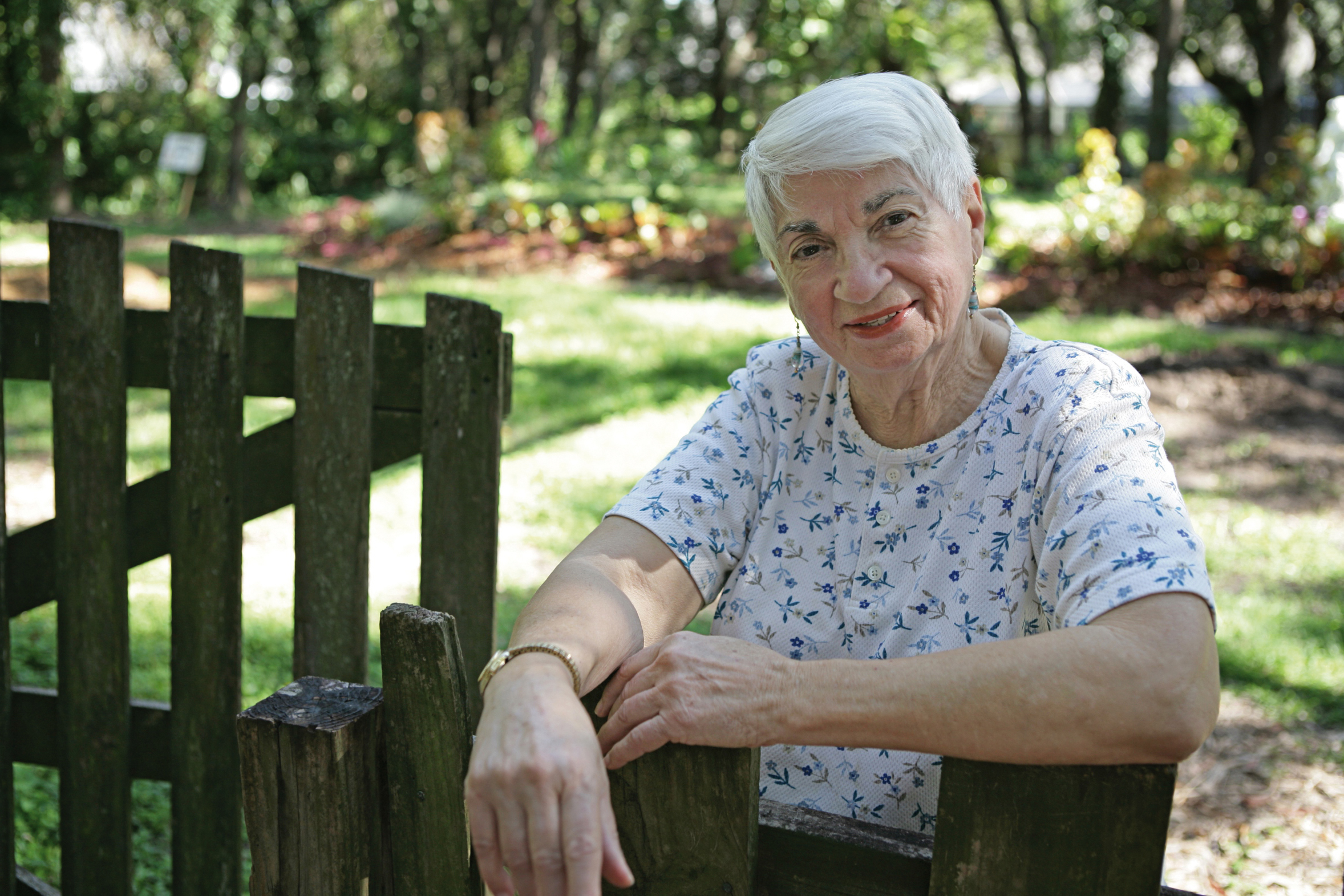
As older adults consider downsizing or seeking additional support, the term “service residence” often appears in conversations about care options. But what exactly is a service residence, and how does it differ from a nursing home or assisted living?
This guide explains the meaning of a service residence for seniors, its features, levels of care, and how it fits into the broader landscape of elderly housing in the UK.
Definition: What Is a Service Residence?
A service residence is a type of housing designed for older adults who want to remain independent but benefit from access to on-site services such as meals, cleaning, security, and emergency assistance.
It is best suited for active or semi-independent seniors who do not yet need daily medical care but want the peace of mind of light support and social community.
Find YOUR ideal care home NOW!
Key Features of a Service Residence
| Feature | Service Residence | Traditional Care Home |
|---|---|---|
| Living Space | Private apartment or suite with kitchenette | Private or shared bedroom with communal areas |
| Medical Care | Not provided regularly; emergency only | Daily medical and personal care provided |
| Meals | Often included or optional communal dining | All meals prepared and served daily |
| Independence Level | High – residents live independently | Low to moderate – assistance is frequent |
| Services | Housekeeping, laundry, 24/7 staff presence | Full personal and medical care services |
Trying to understand different senior living options?
Service residences are one of several housing options available to older adults, offering a balance between independence and access to support services. Understanding how they differ from care homes or living at home can help families make more informed choices. Senior Home Plus provides independent guidance to help families understand care home options and consider how service residences compare with other senior living solutions.
Get guidance on senior living optionsFree guidance • No obligation
Who Should Consider a Service Residence?
This option is ideal for seniors who:
- Want to maintain independence with support nearby
- Feel isolated or unsafe living alone
- Need light assistance but not nursing care
- Enjoy social activities in a senior-friendly environment
- Are you planning ahead for possible care needs in future years
Service residences offer an excellent middle ground between completely independent living and full-time care homes.
Costs and Funding Options
Unlike traditional care homes that are often eligible for local authority funding, service residences are usually privately paid. However, certain housing benefit or pension credits might help with costs.
Costs vary based on location, amenities, and level of included services, typically ranging from £800 to £2,500/month.
Service Residence – Key Points at a Glance
| Aspect | Explanation | Notes |
|---|---|---|
| Purpose | Designed for seniors who want independence while accessing light on-site services. | Ideal for active or semi-independent older adults. |
| Support Level | Provides housekeeping, meals, safety checks, and emergency help—but not daily medical care. | Different from care homes that offer full personal care. |
| Type of Accommodation | Residents live in private apartments or suites with their own facilities. | More autonomy compared to shared rooms in care homes. |
| Who Benefits Most | Good for seniors who feel isolated, want social activities, or need light assistance. | Useful for those planning ahead for future care needs. |
| Cost & Funding | Usually privately funded; prices depend on services and location. | Some may receive help via Housing Benefit or Pension Credit. |
FAQ – Understanding Service Residences for Seniors
Is a service residence the same as a retirement home?
Not exactly. Retirement homes are often just housing, while service residences include support services like meals, cleaning, and security.
Does the NHS cover service residences?
No. Since they are not medical facilities, service residences are typically privately funded.
Can couples live together in a service residence?
Yes, many residences offer 1- or 2-bedroom apartments ideal for couples.
Are pets allowed in service residences?
Some allow pets; policies vary by location. Always check with the residence.
Is there staff on-site 24/7?
Yes, most service residences have staff available at all hours for emergencies.
Need help finding a care home?
Senior Home Plus offers free personalized guidance to help you find a care facility that suits your health needs, budget, and preferred location in the UK.
Call us at 0203 608 0055 to get expert assistance today.
Search for Care Homes by Region
| East Midlands | Eastern | Isle of Man |
| London | North East | North West |
| Northern Ireland | Scotland | South East |
| South West | Wales | West Midlands |
| Yorkshire and the Humber |
You are looking for a care home or nursing home for your loved one ?
Share this article :
Latest posts
You are looking for an establishment for your loved one ?
Get availability & prices
Fill in this form and receive
all the essential information
We would like to inform you of the existence of the opposition list for telephone canvassing.










